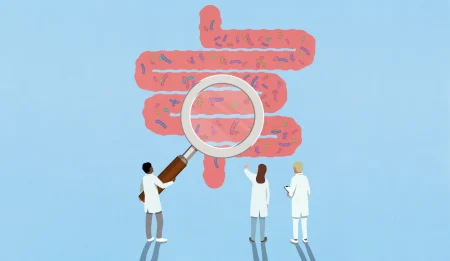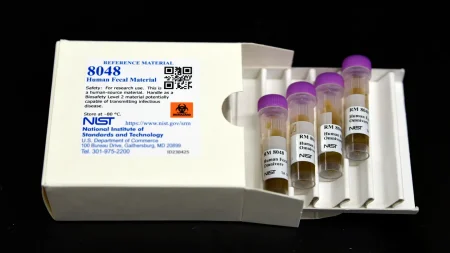The recently released Surgeon General’s Advisory on Alcohol and Cancer Risk has brought to light a connection often overlooked by the public: the link between alcohol consumption and the development of seven different types of cancer. This advisory emphasizes the importance of raising public awareness about this association, as current surveys indicate that fewer than half of Americans recognize alcohol as a cancer risk factor. The report urges for greater transparency by recommending the inclusion of cancer risk information on alcohol labels and encouraging healthcare professionals to discuss this risk with their patients. This allows individuals to make informed decisions about their alcohol consumption.
The evidence supporting the link between alcohol and cancer stems primarily from observational studies. These studies, conducted by organizations such as the World Health Organization’s International Agency for Research on Cancer, compare groups of individuals with varying drinking habits and track their health outcomes over time. While accounting for other cancer risk factors like smoking and age, these studies have consistently shown a correlation between alcohol consumption and increased cancer risk. Specifically, cancers of the mouth, throat, voice box, esophagus, breast, liver, and colorectal regions have been linked to alcohol intake. Despite challenges in obtaining accurate self-reported data on drinking patterns, the overall trend remains consistent – higher alcohol consumption correlates with a greater cancer risk.
Meta-analyses combining data from multiple studies have allowed researchers to estimate the number of cancer cases attributable to alcohol consumption. In the United States alone, alcohol was estimated to have contributed to over 96,000 cancer cases in 2019. Globally, the numbers are even more staggering, with an estimated 741,000 new cancer cases in 2020 linked to alcohol, representing approximately 4% of all new cases. A significant portion of these alcohol-related cancers were esophageal, liver, and breast cancers, primarily associated with consuming two or more alcoholic beverages per day.
Relative risk calculations, derived from studies comparing the cancer risk of drinkers to non-drinkers, further illustrate the dose-dependent relationship between alcohol and cancer. For instance, the risk of esophageal cancer increases with higher alcohol consumption, ranging from 1.3 times the risk for light drinkers (less than one drink per day) to nearly five times the risk for heavy drinkers (more than four drinks per day) compared to non-drinkers. While the risk increase for other cancers, such as breast cancer, may be less pronounced, the correlation persists across various cancer types.
Several biological mechanisms have been proposed to explain how alcohol might contribute to cancer development. One key pathway involves the breakdown of alcohol in the body. Enzymes convert alcohol into acetaldehyde, a known carcinogen that can damage DNA and potentially lead to uncontrolled cell growth. The metabolic process also generates reactive oxygen species, which can further damage DNA and trigger inflammation, contributing to a cellular environment conducive to cancer development. In the case of breast cancer, some research suggests that alcohol consumption might elevate estrogen levels, potentially explaining the observed link.
Despite the substantial evidence linking alcohol and cancer, further research is needed to fully understand the complex interplay of factors involved, especially for light to moderate drinking. Existing studies frequently report alcohol consumption as an average daily amount, which might obscure the actual drinking patterns and their respective impact on cancer risk. Binging versus consistent daily drinking, for example, may have different biological consequences. More granular research exploring these nuances is crucial for providing more accurate risk assessments.
The overarching message for the public is clear: any level of alcohol consumption increases cancer risk. While individual risk tolerance varies, understanding the potential consequences is paramount in making informed decisions about drinking. Guidelines such as those issued by Canada, which categorize risks based on weekly alcohol intake, can be valuable tools for individuals assessing their own risk. Furthermore, smokers face a significantly heightened cancer risk from alcohol, particularly for cancers of the mouth, throat, and esophagus, due to the synergistic effect of alcohol and tobacco carcinogens. The Surgeon General’s report emphasizes the importance of incorporating this information into public health messages and personalized health consultations.














